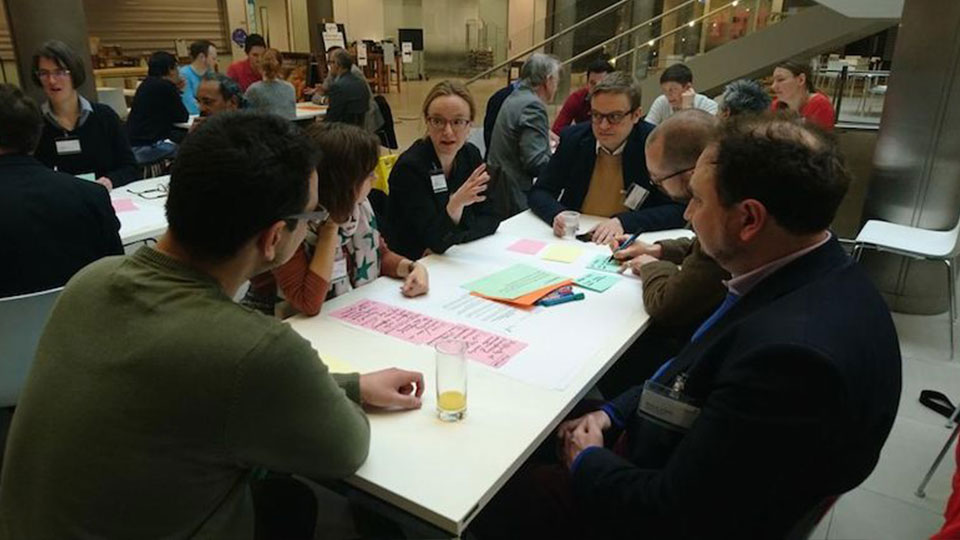Dr Jaillant’s research project, titled “Survival of the Weakest: Preserving and Analysing Born-Digital Records to Understand How Small Poetry Publishers Survive in the Global Marketplace”, will focus on the poetry publisher Carcanet Press.
The project has a central objective of making the publisher’s archives more accessible and will offer a unique insight into the publishing house that has been central in the contemporary literary landscape.
Dr Jaillant’s work - which coincides with the 50th anniversary of Carcanet Press - aims to build a model to preserve and make born-digital records more accessible to reseachers, so they can make new and exciting discoveries in their work.
While there is an abundance of physical records available to researchers from previous centuries, digital records of the last decade suffer an increasing risk of being lost.
The project will preserve and make accessible internationally-significant archival materials held in the uncatalogued part of the paper collection and in the digital collection, which is currently closed.
The AHRC Fellowship builds upon Dr Jaillant’s British Academy Rising Star Engagement Award, which she received in 2017 for her project “After the Digital Revolution: Bringing together archivists and scholars to preserve born-digital records and produce new knowledge”.
Of her Fellowship, Dr Jalliant commented: “I am very grateful to the AHRC for this grant. It is a privilege to be able to address one of the biggest challenges of our time: the transition from print to digital. We need to accelerate the preservation of born-digital literary archives to avoid losing a large part of our cultural heritage.
“We also need to push for access to these archives through lobbying for open data. And we should train the next generation of literary scholars to fully embrace the data revolution. As Bill Gates recently wrote on his blog, data can be used to take a humanist approach, to humanize the work that is ahead of us.
“Born-digital records are extremely fragile. Leave old letters unattended for decades, and there is a good chance that they will still exist for the next generations to read. But the same is not true of digital correspondence: to give researchers access to ‘dark archives’ and currently embargoed digital records that are at risk of being lost, will create a wealth of new knowledge and discovery.”
More information on Dr Jaillant and her upcoming project is available here.
The Arts and Humanities Research Council funds world-class, independent researchers in a wide range of subjects: history, archaeology, digital content, philosophy, languages, design, heritage, area studies, the creative and performing arts, and much more. This financial year the AHRC will spend approximately £98 million to fund research and postgraduate training in collaboration with a number of partners.
The quality and range of research supported by this investment of public funds not only provides social and cultural benefits and contributes to the economic success of the UK but also to the culture and welfare of societies around the globe. Find out more information via their website or follow the AHRC on Twitter at @ahrcpress, on Facebook at Arts and Humanities Research Council, or Instagram at @ahrcpress.
